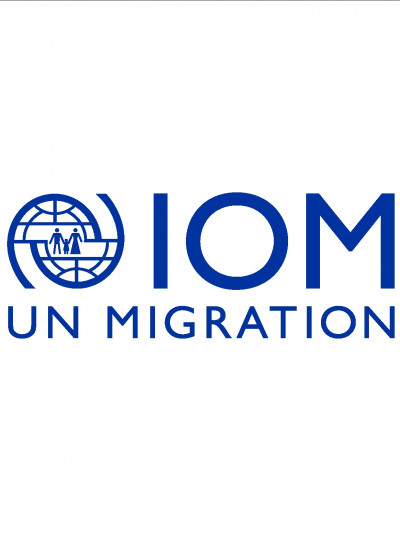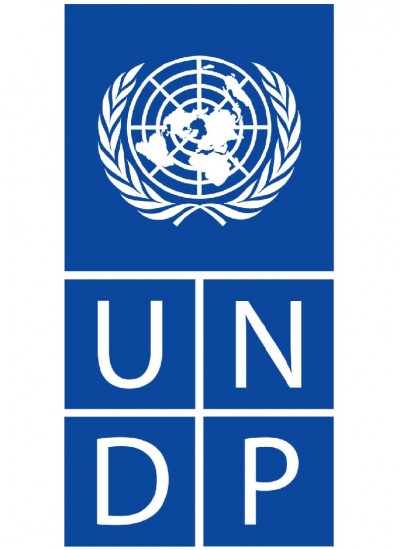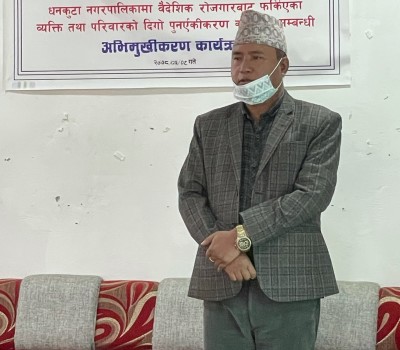Migration is a decisive factor in Nepal’s socio-economic landscape. Nepali migrants and diaspora are key partners in the country’s sustainable development progress and planning, and almost half of Nepali households have a family member who is either working overseas or returned. The Programme’s target region, Province 1, experiences the highest rates of labour emigration, with many of these migrants are being forced to return due to the COVID-19 pandemic.
An IOM study found that 83% of returnee migrants who returned due to COVID-19 were unemployed upon return but seeking employment. The Programme seeks to address this by supporting national and local authorities, the private sector and the diaspora to create new (self)-employment opportunities for returnee migrants, which in turn supports their sustainable reintegration. By providing these employment opportunities, the Programme will enable migrants to contribute to the sustainable development of their communities in Nepal, strengthening local businesses and the labour market. Find more about how we do this in Province 1 below.
The Programme partners with the Nepali diaspora and private sector to implement its sustainable reintegration activities. Working with the government’s Brain Gain Centre and the Non-Resident Nepali Association, the Programme will map Nepal’s diaspora to understand its composition and the skills and interests of migrants living abroad. This mapping will then inform a comprehensive engagement strategy where diaspora members will be encouraged to contribute to employment training, entrepreneurship support and more. Similarly, the Programme will map and engage the private sector to support migrant returnees. An IOM private sector mapping report in Province 1 found that the majority of private sector actors are willing to employ returning migrants but require support.
Furthermore, through targeted capacity development and coordination mechanisms, local and national authorities are supported to comprehensively include migration considerations in development planning. Drawing on a policy coherence assessment on how migration is mainstreamed across provincial and federal development plans, the Programme will enhance existing coordination mechanisms and develop a new Coordination Centre in Province 1, facilitating collaboration between government ministries and between local and national authorities. These coordination mechanisms will be supported through training on sustainable reintegration for local and national governments and stakeholders. The Programme has already supported a new “Foreign Employment and Reintegration Policy” which been has passed and implemented by the Dhankuta Municipality.
Finally, the Programme will support the government to showcase its migration and sustainable development activities at regional and global fora. The Programme aims to support the government, through technical support and funding, to showcase its experiences in leveraging migration for sustainable development, both within the Programme’s internal capacity building activities and in regional and international dialogues and fora.
For more information, contact:
- Prajwal Sharma, IOM Nepal, psharma@iom.int
- Tek Tamata, UNDP Nepal, tek.tamata@undp.org


